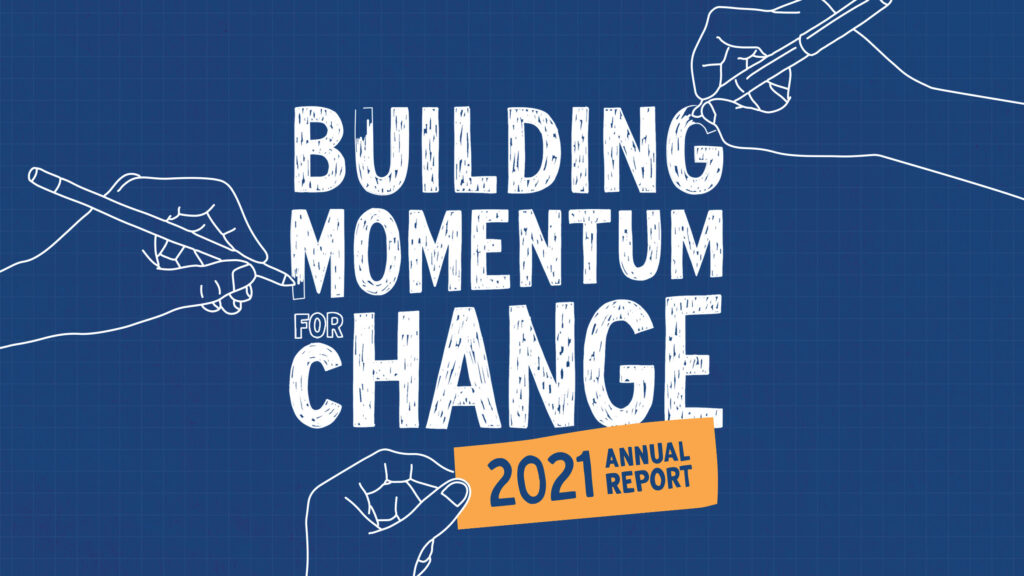
It all started with a building
The early founders, and subsequent leaders, of this campus understood its immense value as a public benefit. Decades have seen multiple iterations of campus uses—a hospital, a site for primary care, a high-tech headquarters, an office building—and today, a source of grant funds to support health equity. These adaptations, through highs and lows, all enabled the campus to remain true to its North Star: being a champion for access to effective healthcare.
While the path we travel may change, our North Star will not.
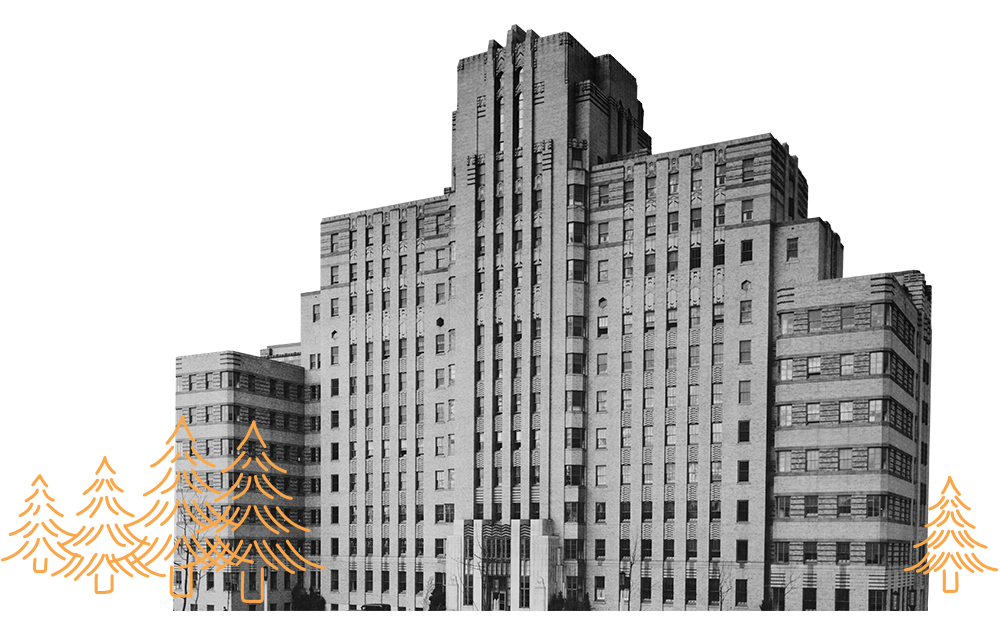
Photo credit: Mid 30’s Tower by MOHAI
Creating a campus master plan
Community priorities are campus priorities
The Pacific Tower campus is an instrument to achieve our mission, and its future is paramount. The lease income from the tower building and the six historic small buildings along its southern edge make our grantmaking possible. We spent time in 2021 considering a more expansive model for creating community benefit as part of our campus master plan.
We spent a year listening—to our campus tenants, peer nonprofit organizations, surrounding Beacon Hill and Chinatown International District neighborhood organizations, grantees, and community-based organizations serving Black, Indigenous, People of Color (BIPOC), and marginalized communities. We asked: What needs could the use of our property fulfill? What would you like to see here? What concerns do you have about our campus?
We heard a variety of ideas for how we could use our campus. As we move into the future, we will look for opportunities to meet the kinds of community needs that were shared.
Community Needs:
- Community access to conference rooms and meeting spaces.
- Therapeutic space for mental health and wellness services.
- Educational or job training programs.
- Public programming and events for surrounding neighborhoods.
Returning to pre-pandemic “normal” isn’t a choice—normal wasn’t working.
We have arrived at a turning point, one with great opportunity. Experiences of the last two years reinforced the need for all of us to think differently and to transform our ways of working and being. If we’ve learned anything, it’s that returning to “normal” is an act of complicity; that “normal” actually maintains the health inequities our mission aims to overturn.
Structural racism and other oppressions put People of Color, Indigenous and LGBTQIA+ communities, immigrant and refugee communities, and all underserved communities at greater risk of the COVID-19 virus and all of its many impacts. As a result, these communities disproportionately bear the burden of this pandemic—and will for the next one—unless we all reimagine and manifest a different kind of future. Now is the time to prioritize fundamental systems and structural changes that will stop harms from inequitably falling on marginalized communities.
”Digital/virtual options opened many things up for folks who cannot physically be somewhere. But this also created a barrier for some, including digital literacy, access to the internet, etc.
Dr. Shaquita BellSenior Medical Director, Odessa Brown Children’s Clinic
PHPDA is ready to help reset a new “normal.”
We are poised to accelerate our work and deepen our contribution to creating a world where health inequities no longer exist. This year was a time to reflect on the meaning
of our mission and to strategize additional pathways to achieving it:
- Knowledge sharing and co-learning opportunities for grantees. We are exploring a cohort model that will strengthen networks, nurture collaboration, and foster learning among grantees. Changing systems requires a unified effort built on shared knowledge and power.
- More communication and storytelling. We are committed to sharing out the work, wisdom, and experiences of the many organizations we support. Lasting change will be fueled by their stories and the stories of those they serve.
- More activity in our role as an ally for systems change. We plan to use our position to bring the authentic voices and learned experiences of community-based organizations to those in power. Their intimate knowledge of the systems and policy changes necessary to achieve health equity must be heard by decision-makers at all levels.
How will you help create a new normal?
”The new normal should make deliberate effort to understand where the most marginalized are and meet them where they are, design different ways of reaching them accordingly.
Sophia BenalfewExecutive Director, Ethiopian Community in Seattle
”We need to move beyond our siloes and continue to help bridge service systems recognizing that health equity and health access intersect all areas.
Michael StewartExecutive Director, Boyer Children’s Hospital
The PHPDA Health Equity Fund
The Health Equity Fund is core to meeting our mission. Made possible by Pacific Tower campus lease income, grants are disbursed through two grantmaking programs:
- Major Grants ($50,000–$200,000, annual renewable grants with a maximum of 3 years of funding).
- Nimble Grants (Up to $30,000, one time, for capacity and infrastructure improvements and small projects).
Despite our county—and region’s–vast wealth, technology, and intellectual capital, millions of people are overlooked, underserved, and denied healthcare. Our grantees compassionately fill this gap. They bring a deep commitment to ensuring that those whose health and well-being are harmed by structural racism and other marginalizing forces have access to care they deserve.
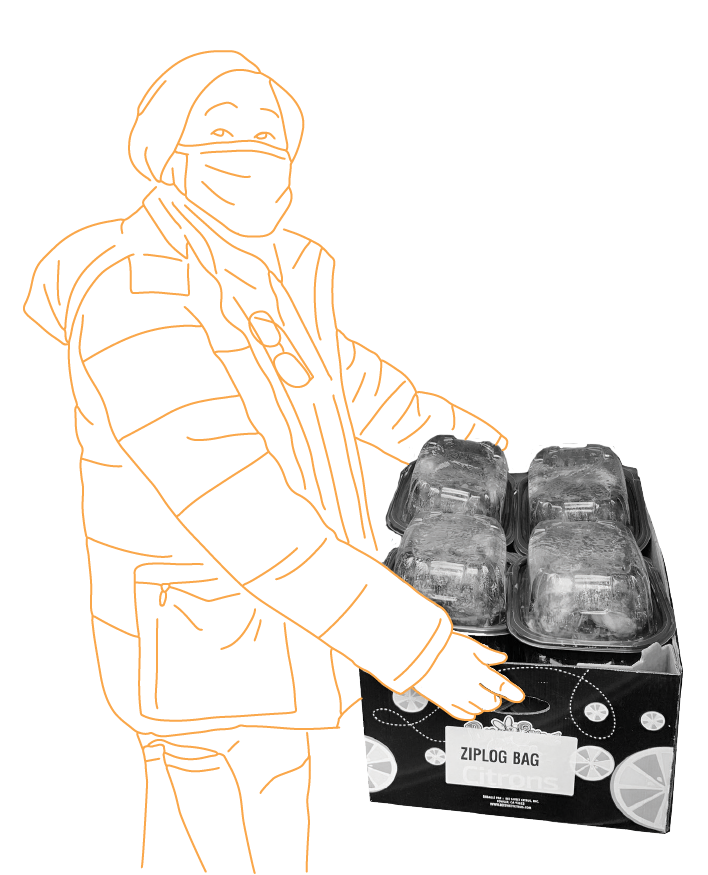
Photo credit: Asian Counseling and Referral Service (ACRS)
New Major Grantees for 2021
Asian Counseling and Referral Service
Project
Wellness for Asian Pacific Americans (WAPA) Nurse Project
Approach
Nurse-provided primary health education and resources, healthcare literacy
Community Focus
Low-income Asian Pacific Islanders with severe mental illness
Grant Amount
$120,000
Comunidad Latina de Vashon
Project
Growing Supports, Strengths, and Resilient Action in the Latinx Community on Vashon Island
Approach
Community-led and culturally aligned mental health supports for the rural Latinx community
Community Focus
Latinx families of Vashoan Island
Grant Amount
$100,000
East African Community Services
Project
Ubuntu Wellness Project
Approach
Education and empowerment on community impacts of diabetes, obesity, and stigmas around mental health and autism
Community Focus
Low-income, English language-limited, and Black immigrants and refugees in South King County
Grant Amount
$140,000
Living Well Kent
Project
Healthy Starts for Immigrant and Refugee Children
Approach
Access to early intervention services provided by linguistically and culturally attuned family child care providers
Community Focus
Somali and East African families in Kent/South King County
Grant Amount
$200,000
Powerful Voices
Project
Culturally Responsive Mental Health Supports for BIPOC Youth
Approach
Trauma-informed supports for youth, including access to culturally responsive BIPOC therapists, healing justice practitioners, and more
Community Focus
BIPOC girls and gender-nonconforming youth
Grant Amount
$159,160
Somali Health Board
Project
Culturally Responsive Mental Health Supports for BIPOC Youth
Approach
Culturally responsive mental health services to address high rates of untreated or undiagnosed mental illness
Community Focus
Somalis in South King County
Grant Amount
$127,141
South Seattle Women’s Health Foundation/Rainier Valley Midwives
Project
Rainier Valley Midwives’ Expanded Reproductive Health Services for BIPOC Communities
Approach
Increases in BIPOC workforce capacity, and access to maternal healthcare and social support
Community Focus
Pregnant and new BIPOC families in South King County
Grant Amount
$150,604
Year 2 & 3 Major Grantees
Endurance in the face of another challenging year
Our second- and third-year grantees persevered through a year with so many barriers to providing services. Being flexible and creative helped them stay connected with their clients and communities. In addition to continuing their Health Equity Fund programs, all grantees worked in their communities to address the ongoing challenges of the COVID-19 pandemic. In spite of having to do more with less, here’s what a few of our grantees were able to accomplish:
”Whatever it takes to bring the best services to our relatives is what we will do. We are agile, quick on our feet, and adaptable.
Anonymous
Supporting Mental Health & Resilience
Living through a second year of the pandemic was exhausting, and increased people’s anxiety and depression. For many communities, mental health services are inaccessible. These grantees are working to change that.
Chief Seattle Club
Having created an Indigenous-designed mental health services program supporting homeless American Indians and Alaska Natives, Chief Seattle Club expanded program services to a new temporary shelter location they manage in the Belltown neighborhood. One-on-one and group mental health services are provided in partnership with Cowlitz Tribal Health Services.
Ethiopian Community in Seattle
Ethiopian Community in Seattle created a baseline for evaluation of mental health knowledge in their community by training Ethiopian religious leaders to increase access to mental health services. They also created educational materials to increase awareness of mental health issues and resources, which they’ve begun distributing to community members.
Odessa Brown Children’s Clinic
Odessa Brown Children’s Clinic is supporting Black and Latinx parents with children under 5 and who face toxic stress. They’ve had growing participation in mindfulness courses that offer coaching in responsive parenting, self-care, and coping skills. Additionally, community members are training to be mindfulness facilitators.
”We have also been deliberate to create capacities within the community which can outlast the pandemic and which will help to build greater health equity.
Sophia BenalfewExecutive Director, Ethiopian Community in Seattle
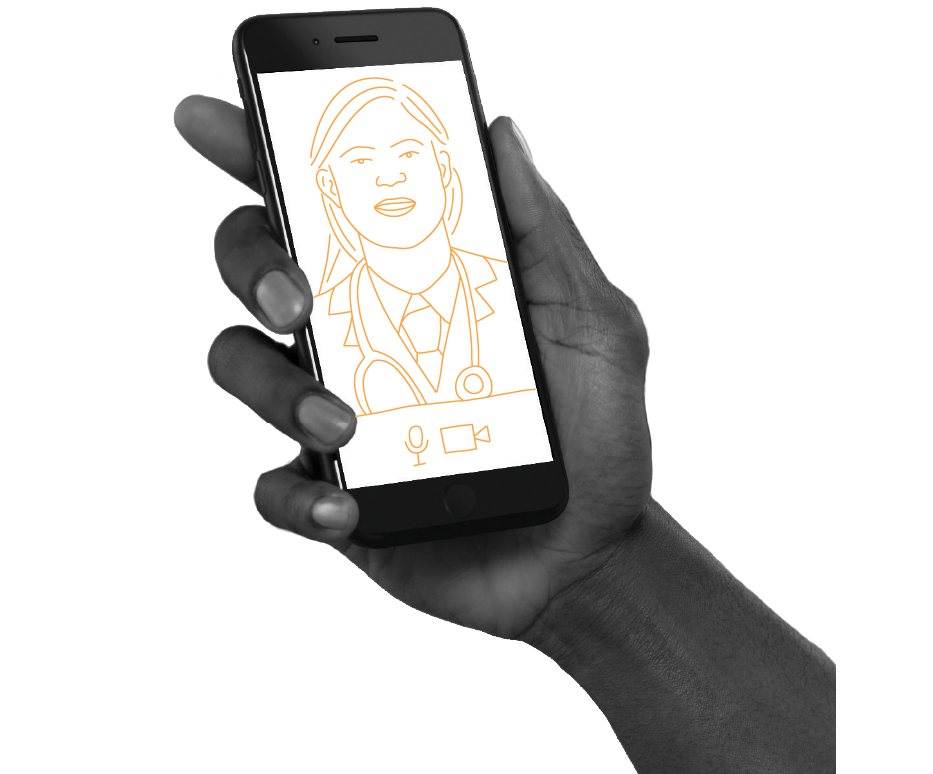
Bringing Healthcare Services to People Where They Are
COVID-19 made healthcare facilities unsafe or impossible to access for many people. A number of our grantees shifted the paradigm and brought healthcare directly to people where they live, socialize, or connect with other services.
Aurora Commons
Through its Safe Healthy Empowered (SHE) Clinic, Aurora Commons provides integrative healthcare and harm reduction to women experiencing homelessness and addiction, and engaging in street-based survival sex work. The clinic expanded to three days of on-site medical services, providing COVID vaccines on a drop-in basis. Toward the end of the year, they engaged UW Clinic at Northgate one evening per week to provide services exclusively to SHE Clinic patients.
Boyer Children’s Hospital
Boyer Children’s Hospital accelerated the health services program for children with special healthcare needs who are homeless or housing insecure. They helped reduce health access disparities for homeless children with special needs by training Mary’s Place staff to conduct developmental screenings and referrals, and providing some developmental services at Mary’s Place shelters. In 2021, they returned to some in-person services, offering both full early-intervention services and low-barrier options to high-need clients.
Recovery Cafe
With its SODO neighborhood location closed for a period and hampering the full opening of its medical clinic, Recovery Cafe’s efforts shifted towards partnering with Country Doctor Community Health Centers to deliver services to people living in area tiny home villages. Through outreach and events, they were able to serve target clients throughout 2021.
”Our low barrier approach has shown time and time again that we are able to offer access to healthcare for people who have experienced barriers to the larger healthcare system.
Luke SumnerCommunity Advocate, Aurora Commons
Caring for the LGBTQ+ Community
Many LGBTQ+ community members face incredible discrimination when seeking healthcare. This discrimination is only compounded by other oppressions, like racism, sexism, and xenophobia. Our grantees remained steadfast in ensuring continued care for LGBTQ+ community members during the pandemic.
Country Doctor Community Health Centers
Country Doctor Community Health Centers (CDCHC) continued to expand and strengthen healthcare services for transgender, non-binary, and gender diverse patients who are on Medicaid, Medicare, or uninsured. CDCHC’s Transgender and Gender Nonconforming Healthcare and Patient Navigation Services team works closely with their HIV and PrEP Team, offering referrals to electrolysis and hair removal, and providing critical patient navigation services for their patients.
Seattle Counseling Service
The Immigrant, Refugee, and Undocumented Outreach (IRUO) Program of Seattle Counseling Service works to increase access to culturally and linguistically competent behavioral health services for LGBTQ+ immigrant, refugee, and undocumented community members. In addition to online support groups and assistance with mental health and substance use disorders, the program offers case management for asylum seekers needing healthcare insurance and other resources.
2021 Nimble Grantees
Nimble Grants provide short-term, flexible funding for activities like capacity building, research, and pilot projects.
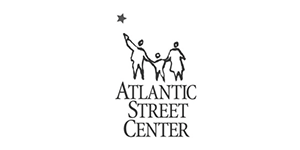
Atlantic Street Center
$22,500
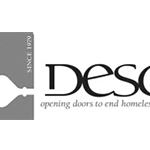
Downtown Emergency
Service Center
$15,000
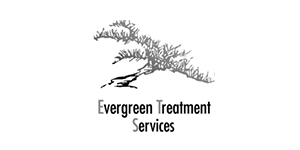
Evergreen Treatment Services
$10,000
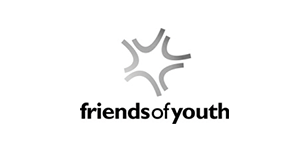
Friends of Youth
$15,000
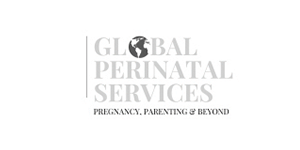
Global Perinatal Services
$22,500
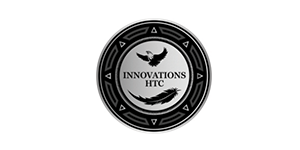
Innovations Human Trafficking Collaborative
$25,000
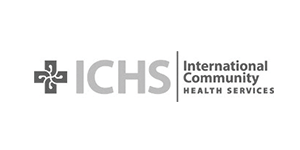
International Community Health Services
$22,500
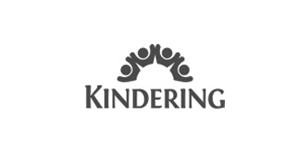
Kindering
$15,000
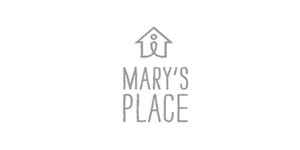
Mary’s Place Seattle
$25,000
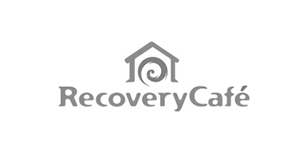
Recovery Cafe
$15,000
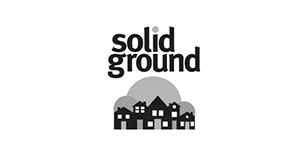
Solid Ground
$22,500
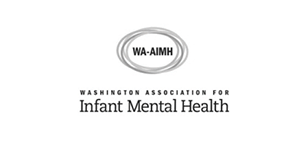
Washington Association for Infant Mental Health
$10,000
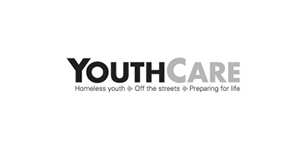
YouthCare
$15,000
Health Equity Scholars
Our Health Equity Scholars Program is a unique partnership with the UW School of Public Health. Each year, we provide funding to three graduate students working on research or practical projects that can help our grantees—and us—further health equity in King County.
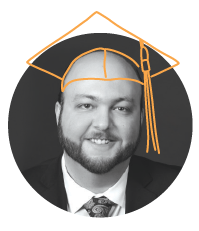
Devin Razavi-Shearer conducted research exploring the burden of Hepatitis B in King County immigrant and refugee populations, which was found to be greatest in East and Southeast Asians. Devin’s research suggests increased screening, greater linkages to care, and vaccination efforts provided in both community and healthcare settings would go a long way toward overcoming this inequity.
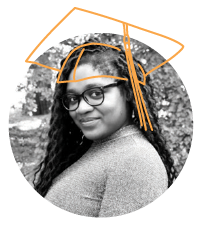
Michelle Thomas identified strategies for funders like PHPDA to strengthen partnerships with community-based organizations in an effort to create racial equity in maternal health and mortality. Michelle’s research reinforced that listening to those most impacted in our community is essential—it is there that solutions exist.
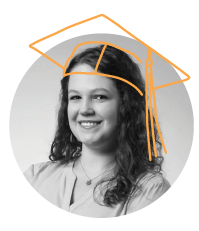
Sarah Hicks explored the gaps and overlaps in healthcare services for immigrants and refugees in King County. In addition to an extensive need for transportation services to access care, she found maternal health, traditional medicine, dentistry, and optometry services lacking.
An evolving staff to support a changing approach
Whitney Regan is keeping us organized and on track as our new Office Coordinator.
Gene Yoon will have more time to focus on lifting up the knowledge, wisdom, and stories of our grantees in his new role of Communications Manager.
In her role as Grants Manager, Mallory Fitzgerald is taking on the development, management, and analysis of a new grants database that will allow us to better understand the impact we have on our community.
In her role as Associate Director, Christina Bernard will combine her institutional knowledge and strategic insight with Mallory’s data and analysis to shape the direction of PHPDA’s grantmaking and grantee engagement and capacity building.
PHPDA’s Executive Director John Kim will continue providing passionate leadership. He looks forward to raising the bar on making sure that authentic community voice is included in efforts to address systemic change to achieve health equity.
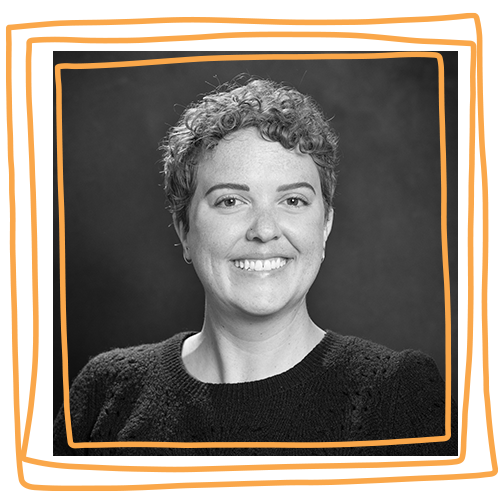
Whitney Regan
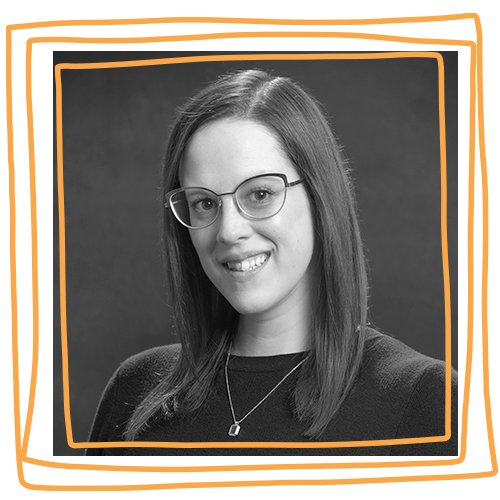
Mallory Fitzgerald
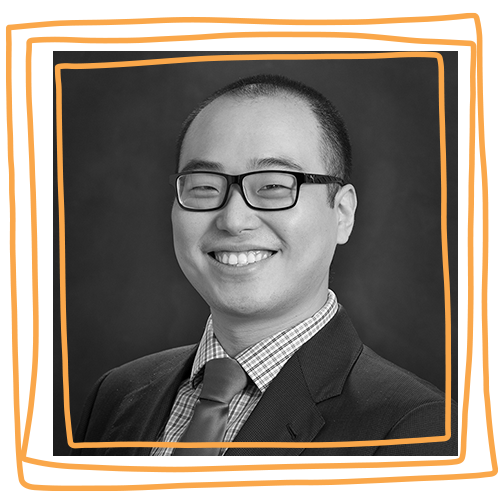
Gene Yoon
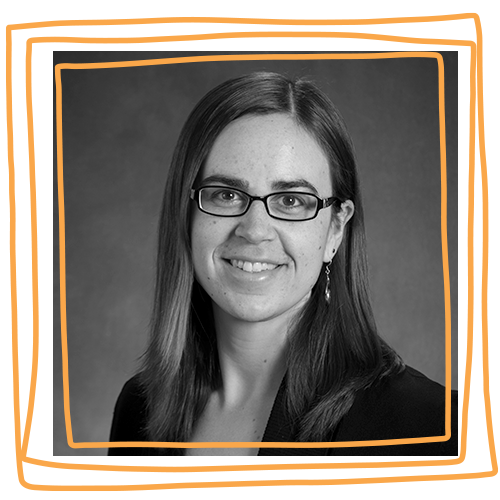
Christina Bernard
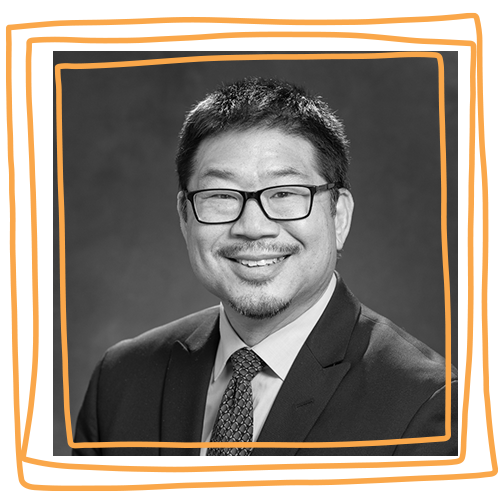
John Kim
It takes a village: Continued gratitude for our collaborative, insightful leaders
PHPDA is guided by a Governing Council of community members passionate about health equity.
AyeNay Abye
Tubman Center for Freedom and Health
Gloria Burton
Catholic Housing Services
Bob Cook
Washington State Housing Finance Commission
Susan Crane
Community Member
Doris Koo, Treasurer
Crescent Collaborative
Ellie Menzies, Secretary
Community Volunteer
Nancy Sugg, Vice Chair
Harborview Pioneer Square Clinic and Downtown Homeless Programs
University of Washington Department of Medicine
Sue Taoka, Chair
Community Member
Virgil Wade
Chief Seattle Club
We are also supported by a group of generous strategic advisors.
Paul Feldman, Program Committee & Finance Committee
Retired Finance and Policy Consultant
Douglass Jackson, DMD, MS, PhD, Program Committee
UW Department of Pediatric Dentistry
Michael Leong, JD, Program Committee
SeaMar Community Health Centers
Marc Provence
Department of Health Systems and Population Health, UW School of Public Health